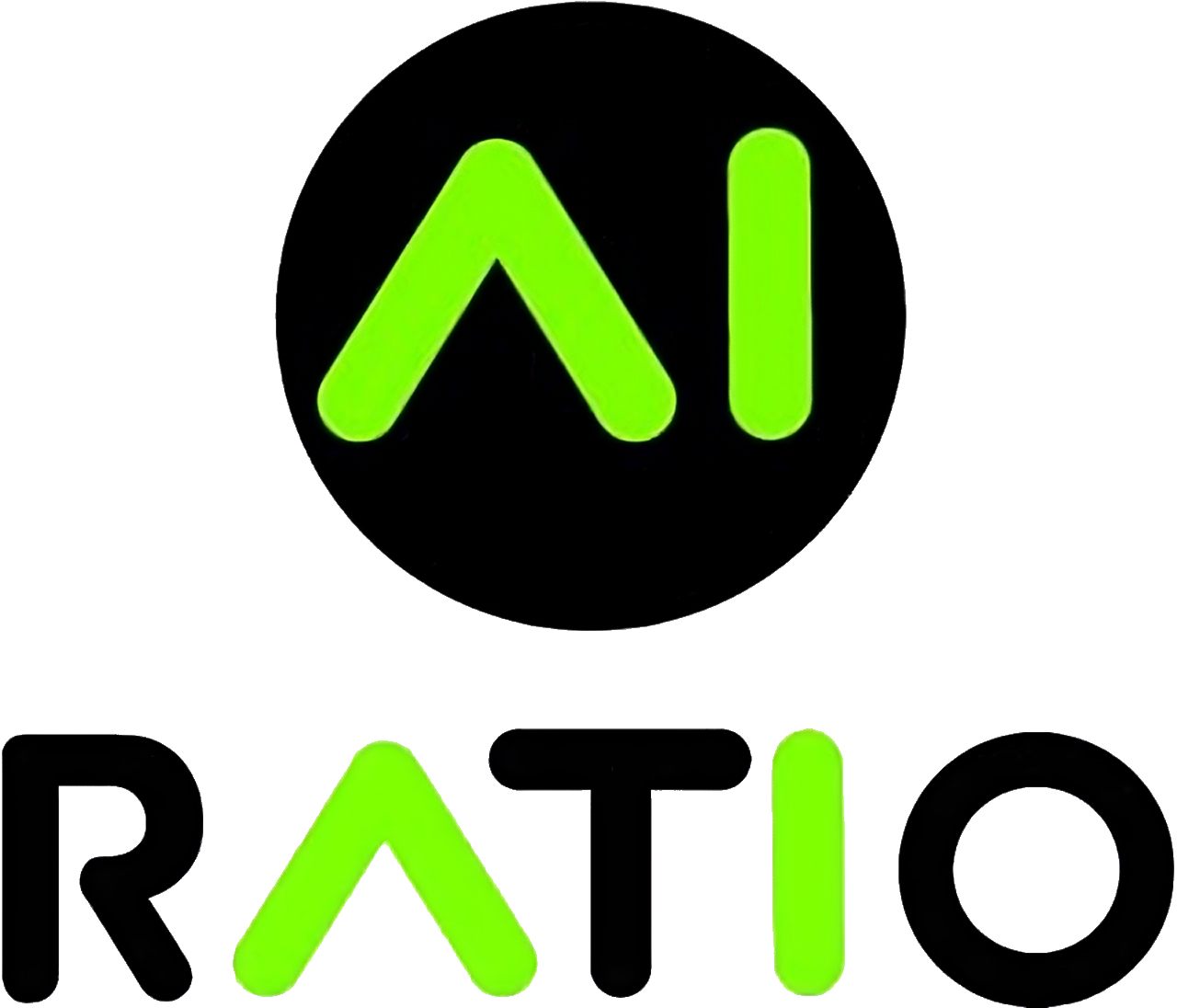Argument Quality in Times of Large Language Models by Henning Wachsmuth
Natural language processing (NLP) is shaping the view of artificial intelligence (AI) in business and society these days, due to the impressive capabilities of large language models (LLMs). These capabilities also have great potential for the development of robust argumentation machines. A central task that argumentation machines need to tackle is the assessment of argument quality, which is important for nearly any practical application. In this talk, I start from basics of LLMs and argument quality, before I present recent attempts of my group involving LLMs to bring argument quality research to the next level, that is, not only to assess quality but to improve it. From there, I look at the recent breakthroughs of LLMs and the paradigm shift that comes with them – for argument quality in particular as well as for NLP and AI in general.
Empowering Scientific Discovery and Communication: Leveraging Computational Models to Decode Scholarly Documents by Yufang Hou
Accumulated scientific knowledge, coupled with effective communication, forms the cornerstone of informed decision-making, exerting a significant impact across a broad spectrum of critical applications. In this talk, I will first give an overview of our efforts in processing scientific documents to support scientific knowledge discovery, synthesis, and communication. Next, I will discuss our recent studies on reconstructing the fallacies in misrepresented science and assessing the influence of large language models (LLMs) on the scholarly landscape in more detail. Finally, I will outline several challenging research questions on modelling scholarly documents.
AM-based decision making in the medical and political domains by Elena Cabrio
Intelligent machines enriched with computational argumentation models can extract, analyse, summarise and generate natural language argumentative structures from different contexts and from various textual resources. In this talk, I will discuss how such methods can be used in two different scenarios: 1) on medical texts: to enhance evidence-based medicine with natural language argumentative analysis of clinical trials and to generate argument-based natural language explanations for the correct and incorrect answers of standardized medical exams, and 2) on political texts: to identify fallacious arguments in political debates. I will then conclude with some thoughts on recent work on the automatic generation of counter-arguments to fight online disinformation and hate speech.
